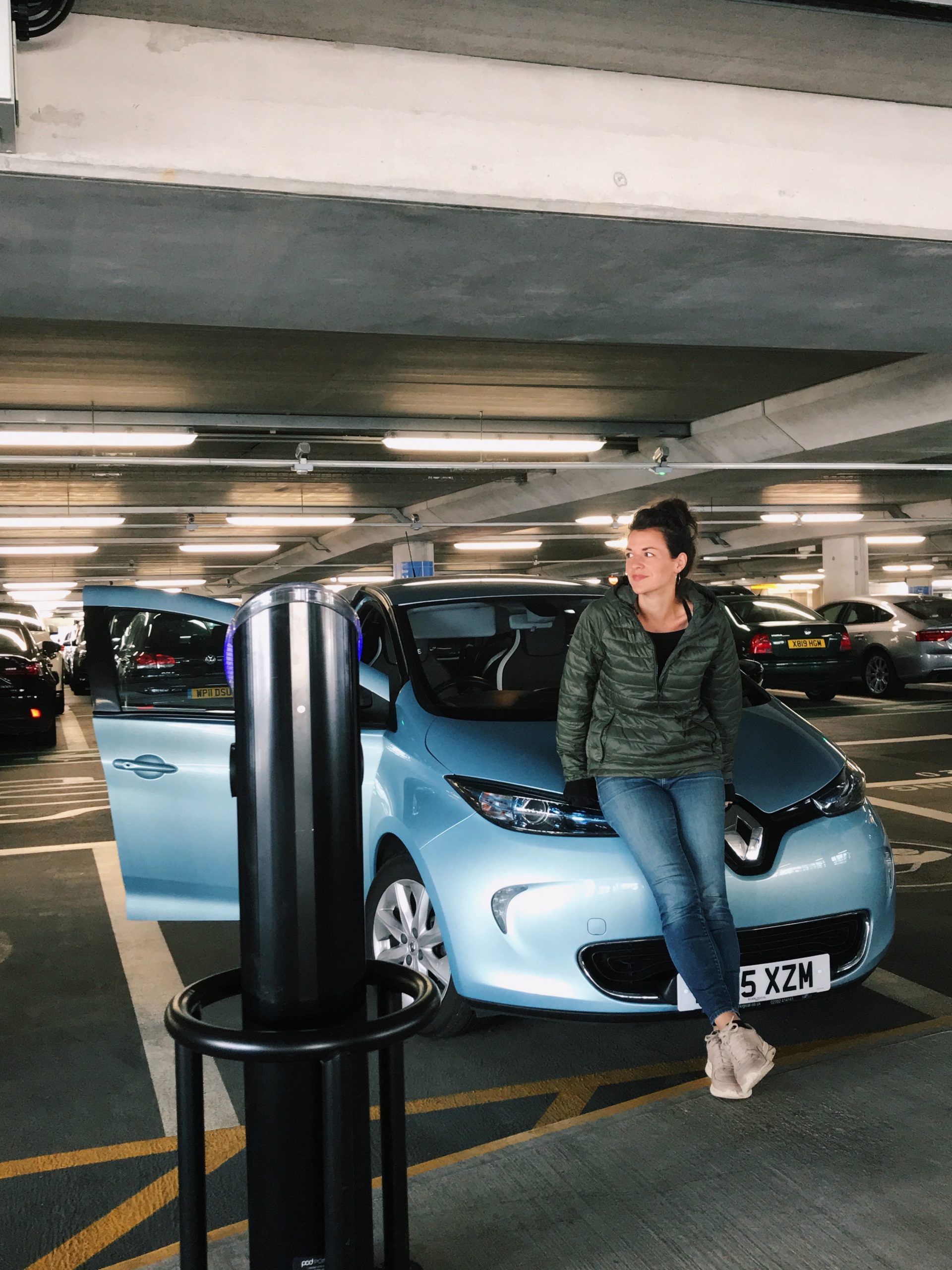6 reasons we chose to buy an EV, and what might have stopped us doing it!
Electric cars are put forward as the way of the future, but they’re not without their downsides: They’re more pricey, you’re somewhat limited on mileage, electricity still often comes from fossil fuels, and what about the ethics of battery sourcing and the waste created? There are so many questions we need to be asking, so why did we land on an electric car… again?
THE CHOICE IN CONTEXT
Like so many choices in life we want to identify the ultimate “good” and “bad” in the EV world. Instead, again like in so many choices, we’re actually left with an array of factors to consider, and nuance around an issue that can make it more of a choice of “what’s the next next step for each individual?”
Neither electric cars nor petrol powered cars are perfect. We’re trying to find a solution to a problem that’s rooted more in the way we consume and the way our lives are shaped than in one type of car. Public transport, bikes, walking, and local living would be the more deeply true solution so we are finding the next best step here – while also going after the bigger picture of living life more locally, and reducing the footprint issues raised by cars both in car buying and in ALL areas.
OUR HISTORY WITH EVs
After selling both our petrol cars when we moved countries in 2019, we consolidated to 1 small car and went electric. It was an experiment to dip our toes into the EV movement and we went for a second hand Renault Zoe, one of the cheapest, smallest and shortest range electric cars out there. It taught us a lot about electric cars and 2 years on we decided to trade in the Zoe for something with bigger range and here’s why we didn’t go back to petrol.
6 Reasons we went electric (again)

1. Cost of running
It’s the most simple piece of the EV choice… the cost per mile to drive one is a lot lower than the cost of petrol/gas and a lot more predictable than ever changing gas prices. It obviously depends on the price of electricity and where you charge but it’s still cheaper. A lot of employers will also let you charge for free at least for an amount of time, and there are places where you can pay for parking and get the charge free while paying for parking.
2. Cost of maintenance
The initial cost of an electric car is more than a petrol car of the same size, but once you’ve made the initial output they are cheaper to run. They don’t need oil changes, the difference in mechanics means there’s less that tends to go wrong and in general they are a more predictable monthly cost.
3. Resale value
The initial cost is higher but it’s an investment you’ll likely get back at a fairly decent (to us!) rate of depreciation. Another option though if the initial output is not an option is leasing. We considered this for round 2 as an option and it makes it even more manageable and predictable. (One note: leasing usually happens with only new cars so consider that factor.)
4. Emissions in driving
One large factor in the EV purchase is that you are not creating emissions are you drive around in your car. This is a factor that has come into people’s thinking more in the era of COVID with a harvard study showing:
“A small increase in long-term exposure to [particulate matter] leads to a large increase in COVID-19 death rate… The study results underscore the importance of continuing to enforce existing air pollution regulations to protect human health both during and after the COVID-19 crisis,”
Air pollution and health is part of a much bigger conversations about environmental racism and so many other things to think about but as we consider electric cars especially within cities this is a massive reason for investing in one for us.
5. Emissions from cradle to grave
Ok but emissions are not just the exhaust pipe. And we don’t in any area of life want to clean up the place we are at the expense of another area of the world or group of people. And this is where the conversation gets a little more murky. The emissions of an electric car when you look at the production phase alone are actually HIGHER. However when we stand back and look at cradle to grave life of car with all the pros and cons emissions wise of EVs vs petrol cars, all my research shows me that EVs come out with lower emissions across the board no matter how they are powered.
Even when run only on fossil fuel generated electricity, an EV is more efficient than a petrol car. They are more efficient. However if you switch your home to green energy or live in a place that relies on greener sources then you are making an even bigger difference.
6. Because we could go second hand.
This was a big one for me and one reason I didn’t go the leasing route that involved the purchase of a new car. There are a lot of correct questions on the ethics of sourcing components of the EV batteries. While some companies are doing better, cobalt is known as “the blood diamond” of batteries and we need to see change (read more on the issue HERE)
“Finding effective solutions to the climate crisis is an absolute imperative, and electric cars have an important role to play in this. But without radical changes, the batteries which power green vehicles will continue to be tainted by human rights abuses,” said Kumi Naidoo, Amnesty International’s Secretary General.
I didn’t feel good buying a new car. I would rather take a few years with something already in circulation and pass it on again.
Personally I think the ethics issue isn’t a reason to say EVs are the wrong route forward. Instead I realise there is a balance in so many moves forward – but not a balance where we let people or planet be overlooked as a necessary loss. Rather recognising the move forward may be slower or messier as we push for change and navigate multiple problem factors the best we can. No car is run with zero human impact and if we are going to drive we NEED to find a way to change that as we care for the planet the same way as we need to grapple with human AND eco aspects in forward movement of smart phones, clothing, agriculture and so many areas.
CONCLUSION
So we’re moving to a new electric car, with longer range and a bit more space inside. But we’re keeping it second hand and using a car that’s already in circulation, we’ll manage the battery well and pass it on again in a few years. As we invest in as electric car we’ll also be part of putting pressure on suppliers to make changes to the supply chains of their cars and batteries. We want to see the whole industry move forward to a place where it’s good for everyone.






